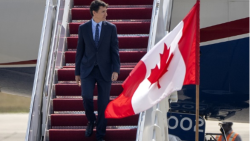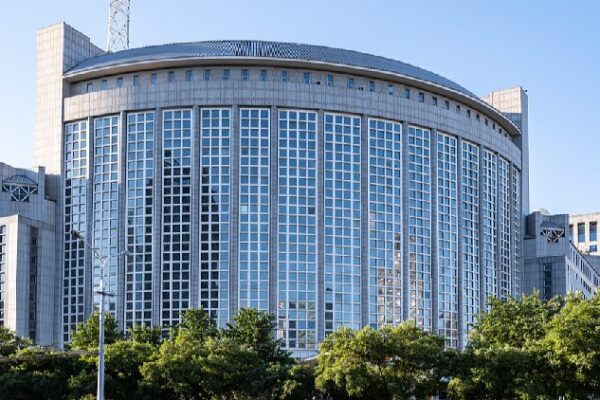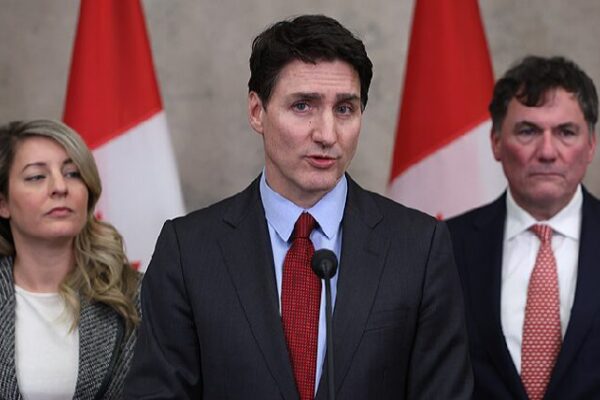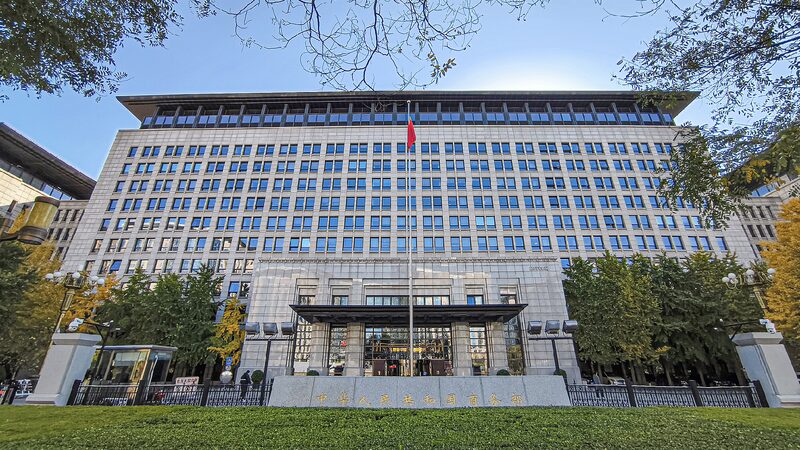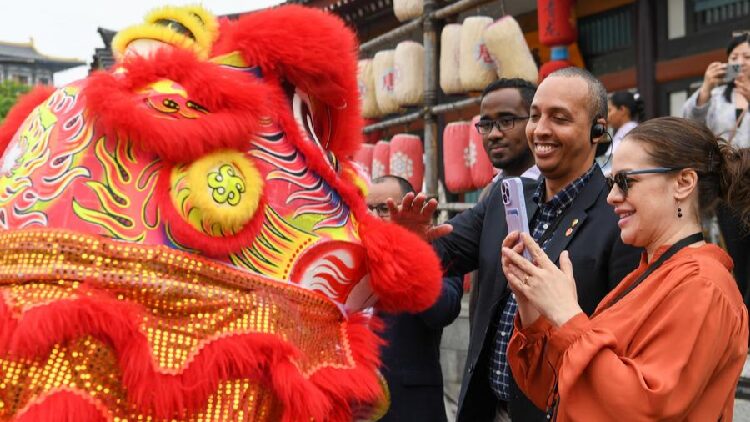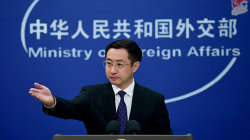China and Canada are facing off once again, this time over a fresh round of sanctions that highlight rising tensions in global politics. China recently announced sanctions against two Canadian organizations—the “Uyghur Rights Advocacy Project” and the “Canada-Tibet Committee”—in response to Canada’s earlier sanctions on Chinese officials.
China describes its actions as countermeasures to what it views as unfounded and unilateral sanctions imposed by Canada. In December, Canada marked International Human Rights Day by sanctioning eight Chinese officials, alleging human rights violations in China’s Xinjiang and Tibet regions. China has strongly denied these allegations, stating that they lack any factual basis.
This exchange of sanctions underscores the complexities of international relations today. While governments often use sanctions as tools to express disapproval or encourage policy changes, such measures can also escalate tensions and impact global cooperation.
Domestic politics play a significant role in these decisions. In Canada, Prime Minister Justin Trudeau’s government faces internal pressures and political challenges. Foreign policy moves, like imposing sanctions, can be influenced by both international alliances and domestic political dynamics.
For young people around the world, especially in the Global South, these developments are more than just headlines—they can affect global trade, international relations, and even opportunities for cultural exchange. Understanding these global tensions is key to navigating our interconnected world.
Reference(s):
cgtn.com
